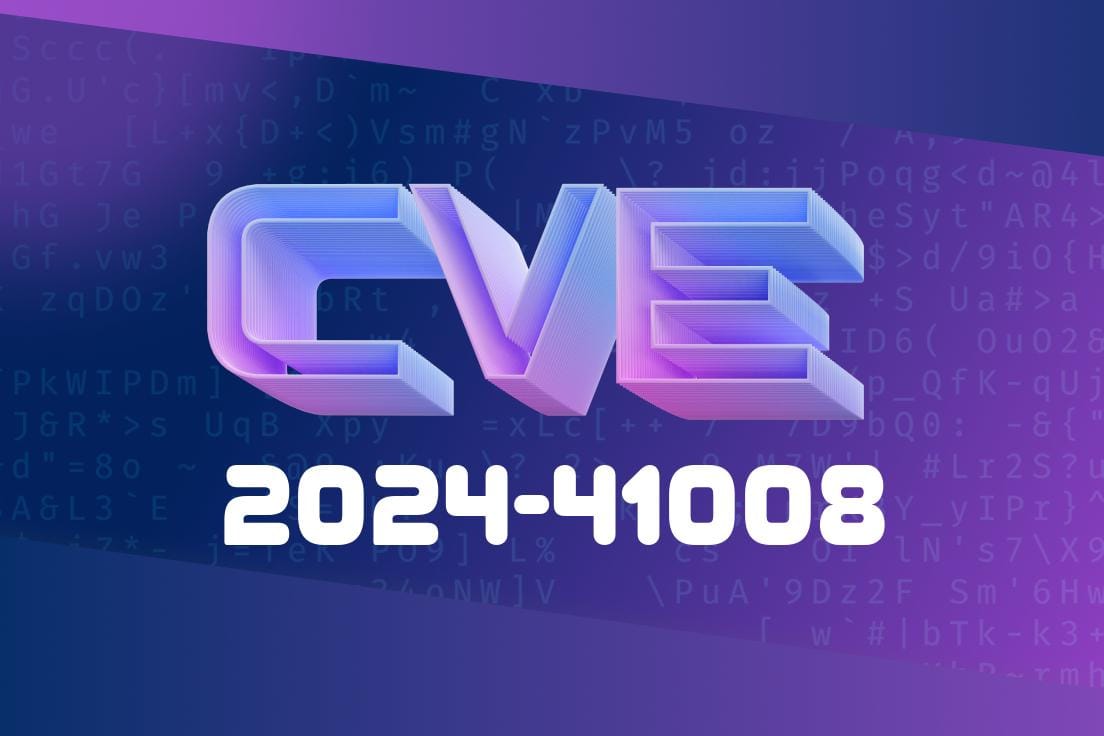Recently, a significant security vulnerability, CVE-2024-41008, was addressed in the Linux kernel’s AMDGPU driver. This flaw pertained to improper handling of the vm->task_info object’s lifecycle, which could open doors for security and stability issues, such as double-free, use-after-free, or memory leaks. The patch that resolved this issue redefines how task_info objects are created, referenced, and destroyed in the AMDGPU virtual memory (VM) management code.
This article explains the vulnerability, explores the patched code snippets, details how it could be exploited, and links to relevant documentation for further study.
What is vm->task_info?
In the AMDGPU kernel driver, each GPU "virtual memory" (vm) context may track metadata about the associated process/task via a task_info structure. This structure originally was:
Timeline of the Fix
Over several patch revisions, the kernel community (mainly Felix Kuehling and colleagues) improved handling. As of the final v4 patch, they replaced the old pattern with:
Dynamic allocation of task_info.
- Reference counting with put/get helpers.
How Could CVE-2024-41008 Be Exploited?
A malicious or buggy program that rapidly creates and destroys GPU virtual memory contexts (vm) could potentially:
Crash the system or escalate privileges if kernel memory is overwritten or reused unsafely.
The race conditions may require tricky timing but are conceivable, especially in complex, multi-threaded GPU compute workloads or via specifically crafted userspace programs.
Assume two threads race to delete a vm, both triggering task_info release
// Pseudocode: Thread A and B hold a pointer to the same 'vm' object
Thread A: amdgpu_vm_fini(vm); // Decrements/cleans up
Thread B: amdgpu_vm_fini(vm); // Runs at the same time
// Both may end up freeing the same task_info, causing heap corruption
Patch Walk-through
Here's a simplified outline of the key changes (for illustration—full code is in the patch).
Key Functions Introduced
// New helper: Grab a reference to task_info (atomic)
struct amdgpu_task_info *amdgpu_vm_get_task_info(struct amdgpu_vm *vm) {
if (vm->task_info)
kref_get(&vm->task_info->refcount);
return vm->task_info;
}
// New helper: Drop a reference to task_info, free if last one
void amdgpu_vm_put_task_info(struct amdgpu_task_info *ti) {
if (!ti)
return;
if (kref_put(&ti->refcount, amdgpu_task_info_release)) {
// Freed automatically on last put
}
}
> The above functions handle the reference counting safely, using the kernel’s kref library.
Cleanups in Creation and Deletion
// When creating
vm->task_info = amdgpu_task_info_alloc();
kref_init(&vm->task_info->refcount);
// At the end of VM usage
amdgpu_vm_put_task_info(vm->task_info);
Safe Usage Points
Everywhere the driver uses vm->task_info, it gets/puts refs as needed, protecting from premature free or leaks.
What This Means for Users
If you’re running a Linux system with recent AMD GPUs and enable multi-process GPU computing, you should upgrade to a kernel that includes the fix for CVE-2024-41008. The vulnerability is most relevant in environments that allow untrusted or complex GPU workloads.
How to Check
- Affected kernels: Check CVEs for your distro or read Linux kernel changelogs.
- Fixed in mainline: Linux 6.10-rc1 and later.
Original Patch Discussion:
lore.kernel.org discussion thread
Official CVE Report:
Patch in Mainline Kernel:
DRM/amdgpu: change vm->task_info handling
Linux Kernel Security Wiki:
https://kernel.org/doc/html/latest/admin-guide/security.html
Conclusion
CVE-2024-41008 highlights the critical importance of proper memory and object lifecycle management in the Linux kernel’s hardware drivers. The fix for AMDGPU’s task_info shows how even minor oversight in reference counting can have system-level impact. Applying up-to-date kernels and security patches is a necessary step for everyone concerned about stability and security on Linux systems with modern AMD GPUs.
Timeline
Published on: 07/16/2024 08:03:47 UTC
Last modified on: 10/07/2025 19:44:45 UTC
